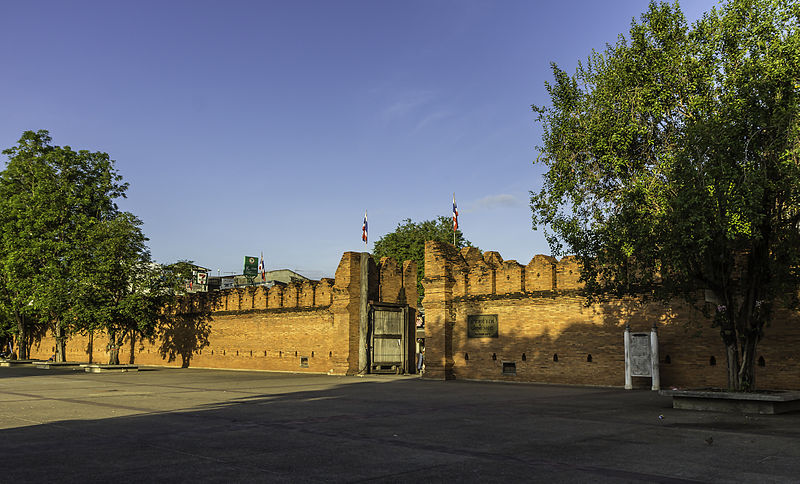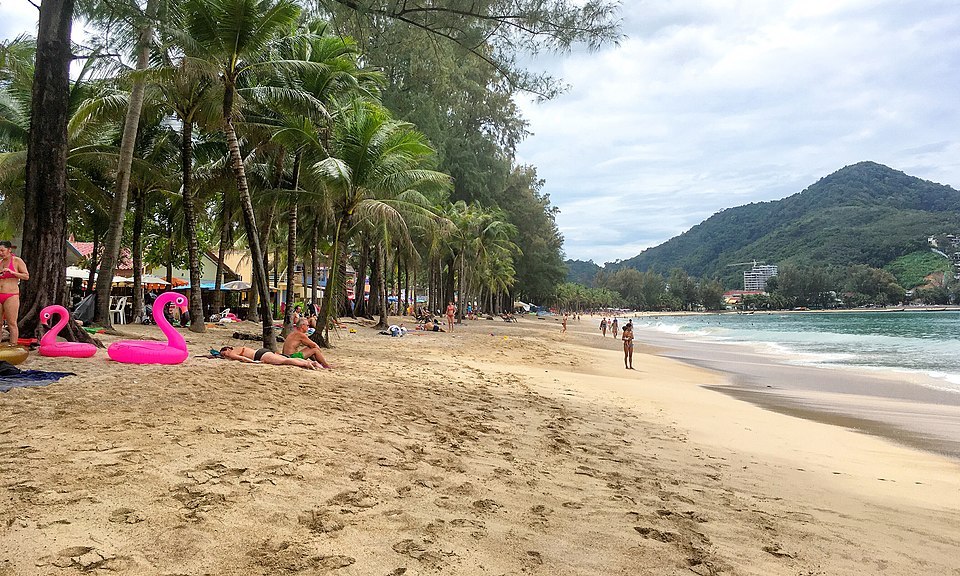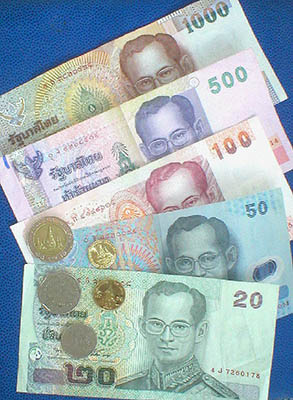Food poisoning can be a serious and uncomfortable condition that can ruin your travel plans. If you experience symptoms such as stomach pain, nausea, vomiting, diarrhea, or fever while in Thailand, it’s important to take action to manage your symptoms and prevent complications. Here are some tips on how to treat food poisoning while in Thailand:
- Stay hydrated
The most important thing to do when experiencing food poisoning is to stay hydrated. It’s crucial to drink plenty of fluids to prevent dehydration, which can worsen symptoms and prolong recovery time. Choose clear liquids such as water, coconut water, clear broths, and electrolyte solutions. Avoid caffeine, alcohol, and sugary drinks as they can irritate your digestive system and make symptoms worse.
- Rest and recuperate
It’s important to rest and allow your body to recuperate when experiencing food poisoning. Avoid any strenuous activity and try to get plenty of sleep. If possible, take a break from your travel itinerary and give your body time to recover.
- Seek medical attention
If your symptoms are severe or persist for more than a couple of days, it’s important to seek medical attention. In Thailand, there are many hospitals and clinics that cater to tourists, so finding medical care should not be an issue. Bring your travel insurance card and any relevant medical information with you to the hospital. Depending on the severity of your symptoms, you may receive IV fluids, antibiotics, or other medications to help alleviate your symptoms.
- Take medication as prescribed
In some cases, medication may be prescribed to help alleviate symptoms or treat the underlying cause of food poisoning. Make sure to take any medication as prescribed and follow the instructions carefully. Some common medications used to treat food poisoning include anti-nausea medication, anti-diarrheal medication, and antibiotics.
- Change your diet temporarily
During your recovery period, it’s important to avoid certain foods and drinks that may further irritate your digestive system. Avoid spicy or fatty foods, alcohol, caffeine, and dairy products until your symptoms have completely resolved. Instead, focus on bland foods such as rice, bananas, applesauce, and toast to help soothe your stomach.
- Use natural remedies
In addition to medical treatments, some natural remedies can also help alleviate symptoms of food poisoning. Ginger has natural anti-inflammatory properties that can help reduce nausea and vomiting. Turmeric is another spice that can help reduce inflammation in the digestive system. Peppermint tea can also help soothe an upset stomach.
By following these tips, you can manage your symptoms of food poisoning and prevent complications while traveling in Thailand. However, the best way to prevent food poisoning is to exercise caution when eating and drinking in unfamiliar places. Choose food vendors wisely, stick to cooked food, avoid street drinks that may contain contaminated water, and practice good hygiene. By taking these precautions, you can safely enjoy the local cuisine in Thailand without worrying about food poisoning.






